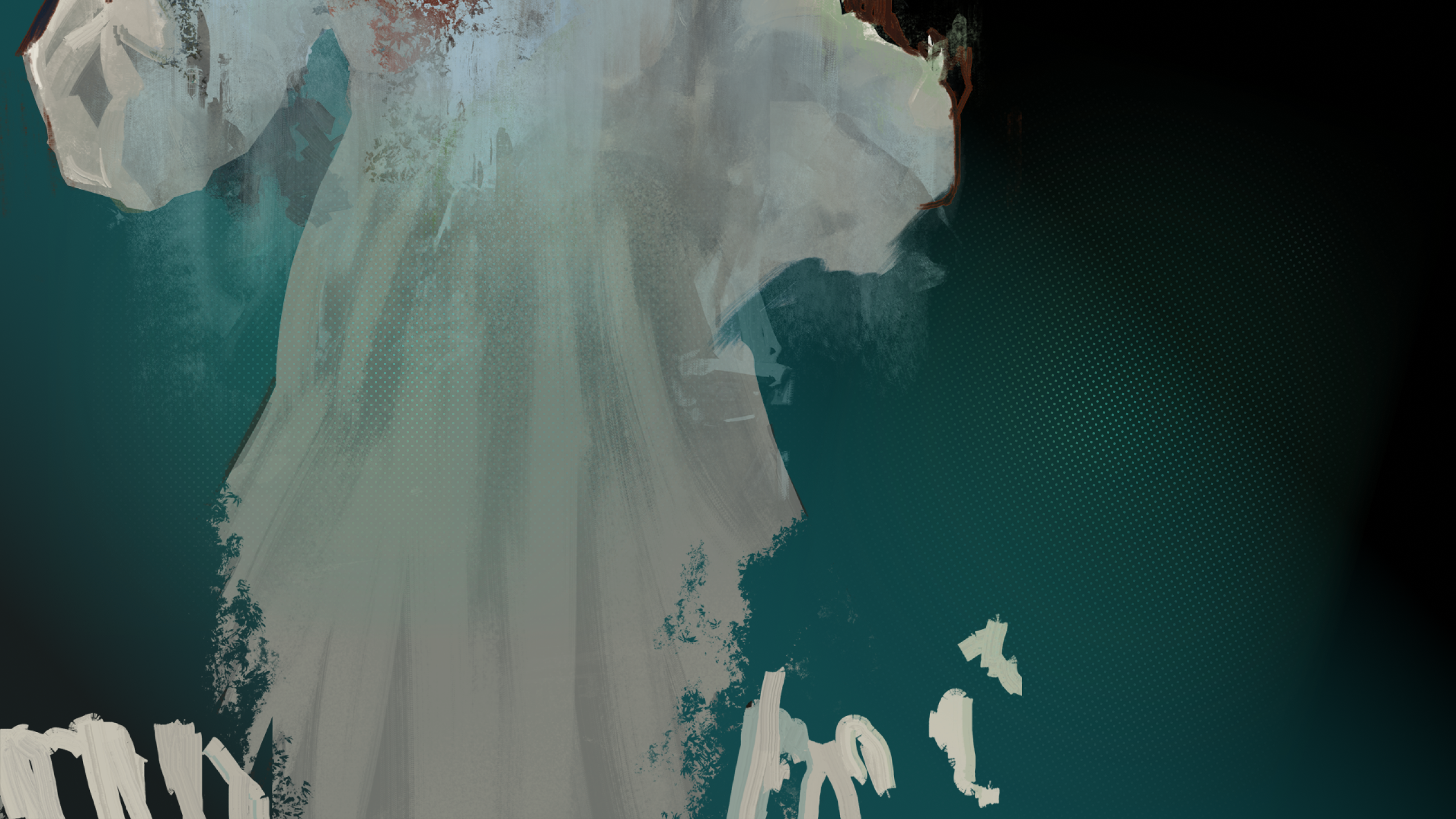Writing has never been this hard. Of course this isn’t the sort of talk you’d like to hear. A creation should come into being with natural elegance, should it not? Strain means dull work and the smell of sweat, lack of ideas probably, etc.
Or not. Once I co-wrote a play with a friend (Jaak Tomberg http://smallblueabsence.blogspot.com.ee/). Everything was nearly finished, but three scenes remained to be written. With a clause that it’s me that wants to write them (we generally took turns at writing and switched between techniques, at times either of us wrote every other sentence). My friend was becoming impatient. The deadline was approaching. The clock was ticking.
It wasn’t an old school inspiration thing, it was rather like a chess puzzle you construct in your head with no clear shape, inexpressable as a graphic presentation. The field of text is laid out in your head and lone sentences are situated on it as protruding points of tension. But these are not worded sentences and they don’t express any fully formed thoughts. Everything falls into place at the moment you are finally ready to lay it all out, get it out of your head.
In the end, the time was right. Rather a question of decisiveness than finding a way: „I’m going to do it now.“ Later, when it was ready, I sat on the ground with my back against the wall, as if I had just ran 10 kilometers at my top speed or wrestled for an hour against a strong opponent. The fatigue was aggressive, sudden and physical.
This sort of thing is almost completely absent in game writing. The concentration part is there. The graphical chess scheme of structure and developments is there. The sentences still appear from the darkness. But rest, there is none. Rest always comes when the thing is ready, or, when running, if you can stop. There’s no such moment in game writing. It isn’t ready for months. All relief is temporary. For a moment it feels like something fell into place, that the eternally branching end of the dialogue has somehow logically found its way back into the main hub. But then you realize that the ends of all the other branchings haven’t made it there yet. And they will not go willingly.
So you have to force them. Every moment, all the time, there’s forcing of a logical structure. Like some kind of damn landing of Normandy. Taking it with force.
The main difference from all other writing (and I’ve written much of whatever else, starting with D&D campaigns and ending with opera libretti and scientific articles) is that you have a thousand endings. It doesn’t surprise neither you nor Deleuze, but it takes you to a place our lead designer Robert Kurvitz has described frankly: „While writing a book you always have lots of good ideas which you won’t write because they won’t fit. When writing a game you’re suddenly in a situation where you’re obligated to write down all your good ideas, and you’ll learn with unpleasant clarity if they were good ideas to begin with.“
While engaged in just that, we’ve encountered a little problem with Articy: Final Draft, the program that usually helps us tackle those thousands of branching endings. Sometimes it doesn’t. It seems possible that the size and complexity of our dialogues has reached the limit of Articy’s traction. It’s developers probably didn’t expect interactive literature to sprawl explosively like a borderless field of text (as it exists in the writer’s mind in its proto-being). And now we’re in a situation where we sometimes have to wait for the letters to appear on the screen with excruciating slowness. Nvidia GeForce GTX 980 is almost capable of rendering reality in real time, but Articy has some disagreements with it. We generally hope for Articy’s very flexible team to offer us their helping hand at some moment (and we are well aware it won’t be easy).
Another option is to rework our plans and start working on a dialogue editor instead of the game. You the public wouldn’t like this and you have every right to presume that we will not. However, it certainly couldn’t happen before the thousand ends of No Truce With the Furies have converged into a single concrete mother-node and made accessible to you.




